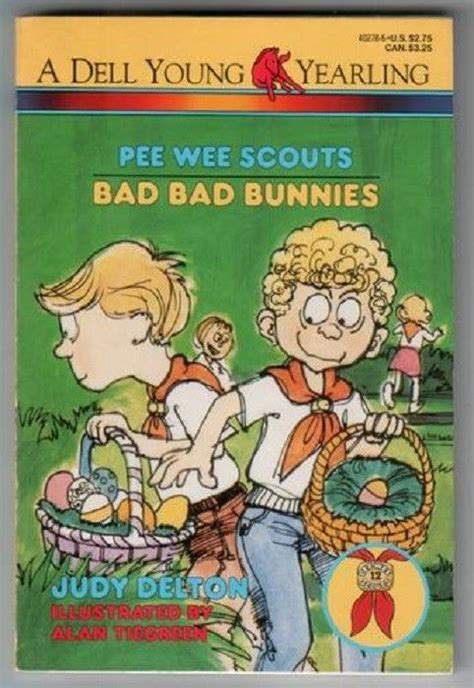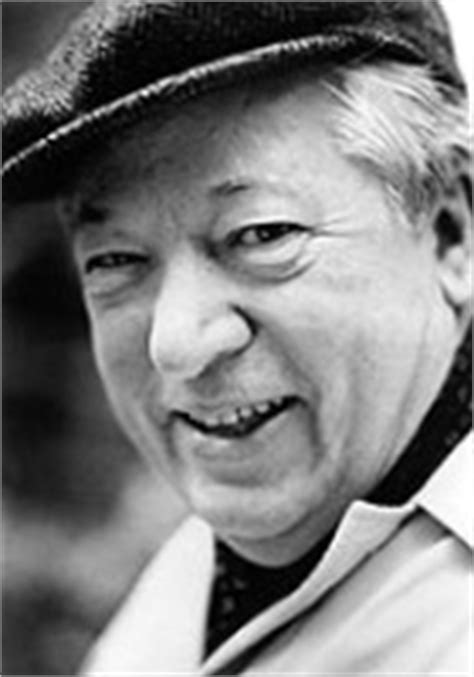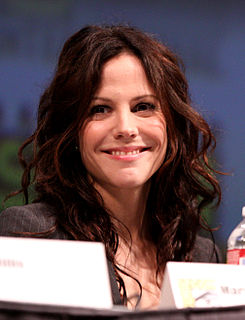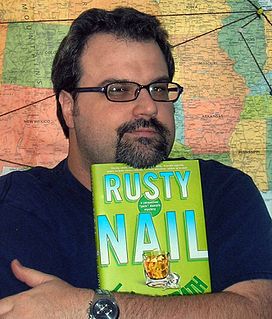A Quote by Ethan Canin
Related Quotes
I never set out to become 'famous.' I mean, when you're 14 you think 'I'm gonna become a writer and people will want my autograph and that'll be cool,' but you grow up and you learn that's just not how the world works. I resigned myself to the fact that I would probably never be published and if I did it probably wouldn't be a big deal.
I was writing at a really young age, but it took me a long time to be brave enough to become a published writer, or to try to become a published writer. It's a very public way to fail. And I was kind of scared, so I started out as a ghost writer, and I wrote for other series, like Disney 'Aladdin' and 'Sweet Valley' and books like that.
I was writing everything. I grew up in Albany, New York, and I was never any farther west than Syracuse, and I wrote Westerns. I wrote tiny little slices of life, sent them off to The Sewanee Review, and they always sent them back. For the first 10 years I was published, I'd say, "I'm a writer disguised as a mystery writer." But then I look back, and well, maybe I'm a mystery writer. You tend to go where you're liked, so when the mysteries were being published, I did more of them.
The nightmare of censorship has always cast a shadow over my thoughts. Both under the previous state and under the Islamic state, I have said again and again that, when there is an apparatus for censorship that filters all writing, an apparatus comes into being in every writer's mind that says: "Don't write this, they won't allow it to be published." But the true writer must ignore these murmurings. The true writer must write. In the end, it will be published one day, on the condition that the writer writes the truth and does not dissemble.
I was first published in the newspaper put out by School of The Art Institute of Chicago, where I was a student. I wince to read that story nowadays, but I published it with an odd photo I'd found in a junk shop, and at least I still like the picture. I had a few things in the school paper, and then I got published in a small literary magazine. I hoped I would one day get published in The New Yorker, but I never allowed myself to actually believe it. Getting published is one of those things that feels just as good as you'd hoped it would.
Usually I'm trying to turn something around or turn it inside out and see what's underneath. I know that probably sounds incredibly vague but I never set out to be likeable or funny or anything like that. I'm just trying to tell the story in the best way that I can and serve the writer because it's really about the writer.
One of the most useful parts of my education as a writer was the practice of reading a writer straight through - every book the writer published, in chronological order, to see how the writer changed over time, and to see how the writer's idea of his or her project changed over time, and to see all the writer tried and accomplished or failed to accomplish.
When you're young, your perception of what it means to be a writer is often less about the writing and more about what seems to be the accompanying life: speeches and travel and hanging out with other writers. You think that when you get published, your life will clarify itself to you somehow. But when you don't get published until you're middle-aged you know who you are already, and your life expands to make room for your writing, rather than orbiting around it. You realize that there's no one way to be a writer, and that the job is less of an identity and more of a vocation.



































